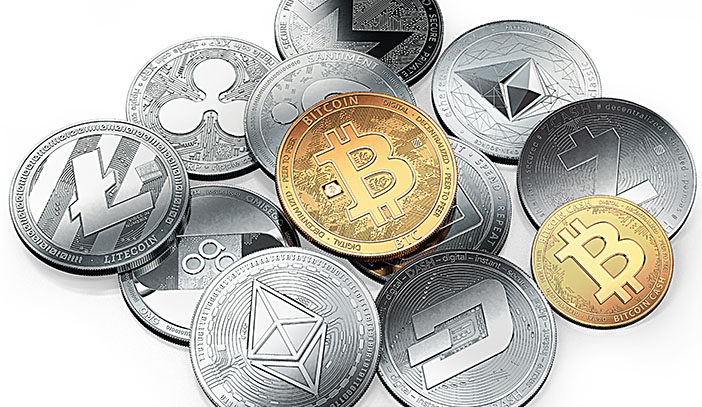Client Notes – Initial Coin Offerings (ICOs), What’s it all about?
Initial Coin Offerings in the Real World
“In June, bitcoin news website Coindesk announced that funds raised through ICOs had overcome VC money as the first source of investment in the blockchain sector in 2017. “Tokens” might sound like Monopoly money, but their impact on the real world is growing by the day…
Burke[Jamie] has no doubts where this leaves traditional investors. “The VC model is dead,” he says. “Over time people like us will stop being the main source of capital. VCs will become more like auditors. I’ve got people in ICOs saying, ‘We don’t need your money, what we want is your validation.’” – Reported by Gian Volpicelli in July 14,2017 issue of Wired.
What is an ICO?
Initial Coin Offerings (ICOs) or Initial Token Offerings (ITOs) are generally used by start-up businesses to raise capital from investors through the internet. An ICO/ITO is typically open for a set period, during which investors can visit a website to purchase coins/tokens in exchange for fiat currency or a cryptocurrency such as bitcoin or ether. The structures of ICOs/ITOs will vary, and they may be used to raise capital for a variety of projects, including the development of a new cryptocurrency, distributed ledger technology, service or platform. Anyone with internet access can create or invest in an ICO/ITO.
Some people believe that an ICO/ITO can be very similar to an initial public offering (IPO). The coins/tokens can be similar to traditional shares of a company because their value may increase or decrease depending on how successfully the business executes its business plan using the capital raised.
But tokens often grow into mini-currencies in their own right: they are traded for cryptocurrency or fiat on blockchain marketplaces, and the more successful their related project grows, the more valuable its tokens become. This dynamic is inevitably attracting a great deal of speculation.
Are ICOs being regulated?
Both the Ontario Securities Commission (“OSC”) and U.S. Securities and Exchange Commission have issued guidance regarding when coins/tokens may constitute securities for the purposes of securities laws. In determining if an investment contract exists, the OSC stated that businesses should apply the following four-prong test:
- Is there an investment of money;
- In a common enterprise;
- With the expectation of profit;
- To come significantly from the efforts of others?
If it is a security, then the securities laws apply including prospectus and dealer registration requirements.
Why should you care?
Cryptocurrency offerings can provide new opportunities for businesses to raise capital and for investors to access a broader range of investments. However, they can also raise investor concerns, due to issues around volatility, transparency, valuation, custody and liquidity, illegal schemes as well as the use of unregulated cryptocurrency exchanges.
Although most projects specify that tokens are “not for speculation”, token speculation is at the core of ICO’s success at raising so much money so quickly. Big crypto owners are throwing money at token sales hoping that coin value will increase in the short run, diversifying their crypto portfolio in the process.
Still, distributed ledger technology (DL) which is the basis of these cryptocurrencies has the potential to significantly change how things are done. It has been said that DL will do for transactions what the internet has done for information. It may be early days, but it is worthwhile to follow its development.
Have any questions? Feel free to reach out to us.
Authors:
Randee Pavalow – [email protected]
Michael Bluestein – [email protected]
P.S. if you have any suggestions for Client Notes let us know. What topics are you interested in?

